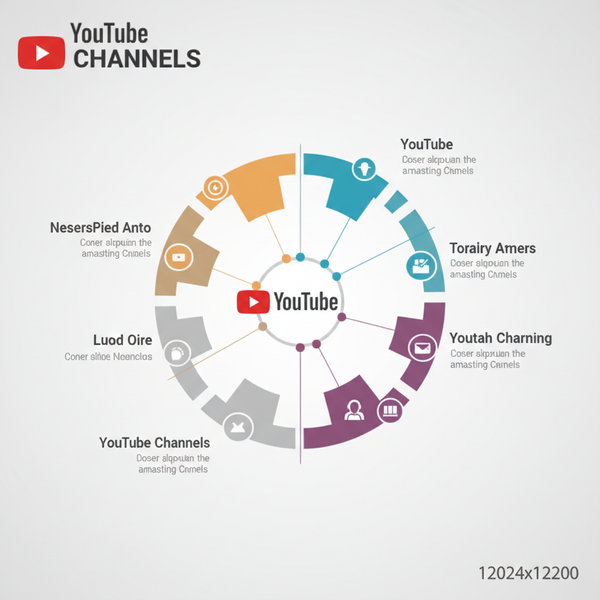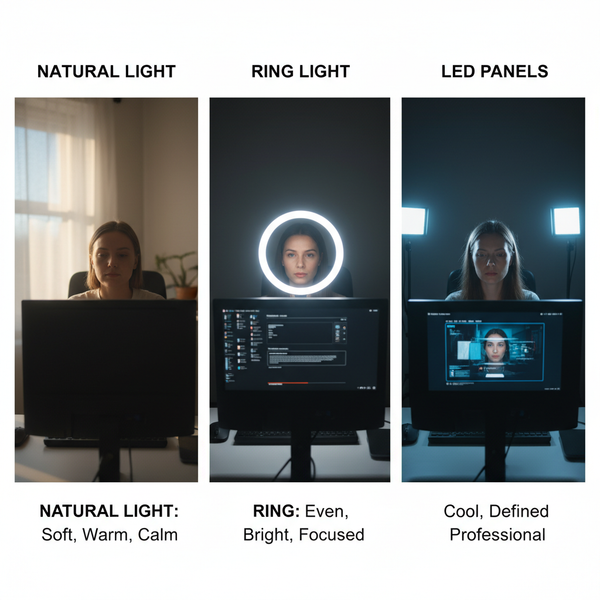What Do You Need to Make a YouTube Video for Beginners
Learn the essentials for making your first YouTube video, from defining your purpose and selecting gear to lighting, editing, and promoting content.
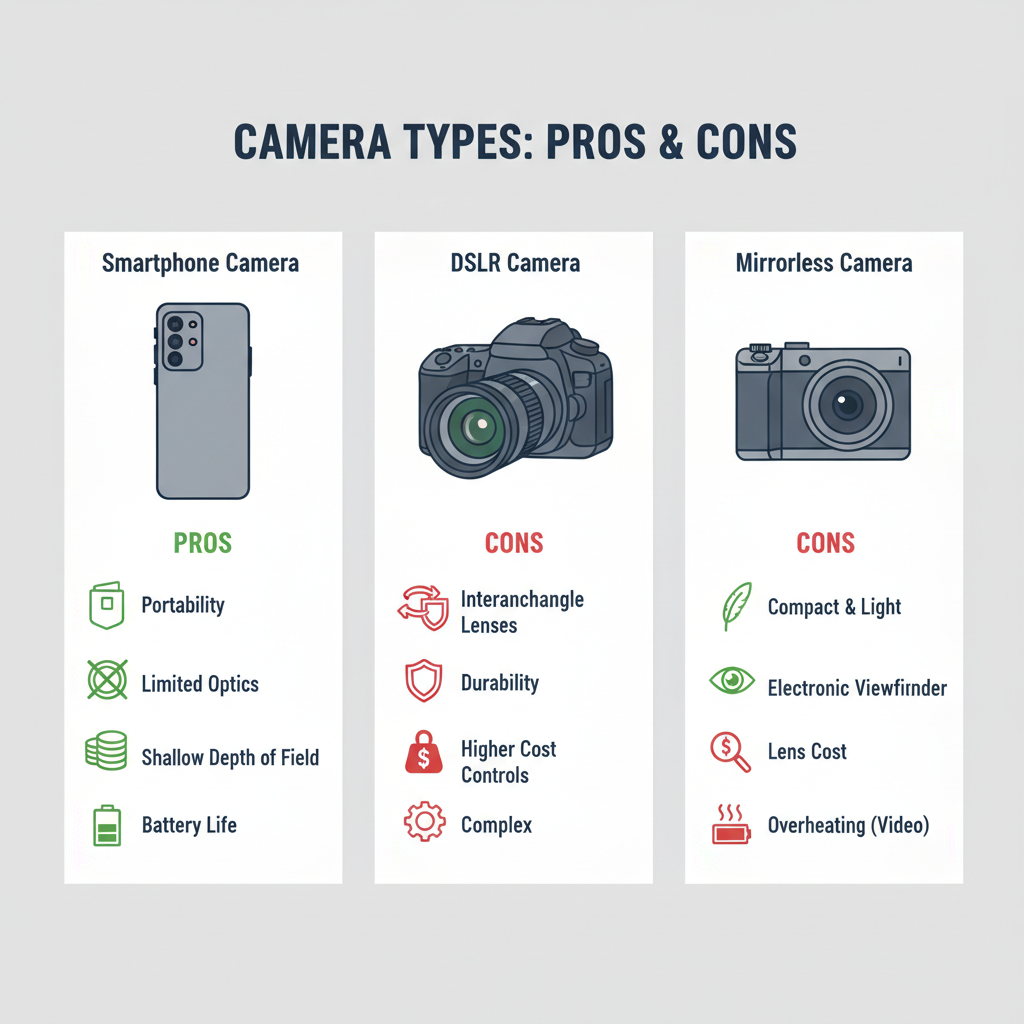
What Do You Need to Make a YouTube Video for Beginners
Creating your first YouTube video can be exciting yet intimidating—especially if you're wondering what do you need to make a YouTube video without overspending or wasting time. This guide for beginners walks you through each essential step, from planning your idea to promoting your finished content, so you can make videos that stand out and attract viewers.

---
Define Your Video’s Purpose and Target Audience
Before you pick up a camera, identify why you're making the video and who you're making it for:
- Purpose: Are you educating, entertaining, reviewing products, or storytelling?
- Audience: Consider age, interests, and their existing knowledge about your topic.
- Align your tone and style with audience expectations.
A clear purpose and target audience will guide content type, video length, and format decisions.
---
Choose a Video Idea and Create a Simple Script or Outline
Brainstorm ideas and refine them based on your passion and audience relevance.
Write a basic script or bullet-point outline that includes:
- Opening hook — Grab attention within the first 5 seconds.
- Main content points — Arrange information logically.
- Ending call-to-action — Encourage likes, comments, subscriptions.
Even a simple outline keeps your video focused, saving time during editing.
---
Select the Right Camera (Phone vs DSLR vs Mirrorless)
You don’t need an expensive setup from the start. Here’s a quick comparison of camera options:
| Camera Type | Pros | Cons |
|---|---|---|
| Smartphone | Portable, easy to use, decent quality | Limited manual control, smaller sensor |
| DSLR | High image quality, interchangeable lenses | Bulkier, learning curve |
| Mirrorless | Compact, great quality, advanced features | Battery life can be shorter, higher price |
For beginners, a mid-to-high-range smartphone camera is often enough. Upgrade as your channel grows.
---
Pick a Good Microphone for Clear Audio Quality
Viewers often forgive average video quality but not poor audio. Choose a mic based on your filming style:
- Lavalier mic — Clips to clothing; great for speaking directly to the camera.
- Shotgun mic — Mounts on the camera; ideal for capturing directional sound.
- USB mic — Perfect for voiceovers or stationary filming setups.
Test options to find what fits your budget and environment.
---
Set Up Proper Lighting (Natural, Softbox, Ring Light)
Lighting dramatically impacts video quality.
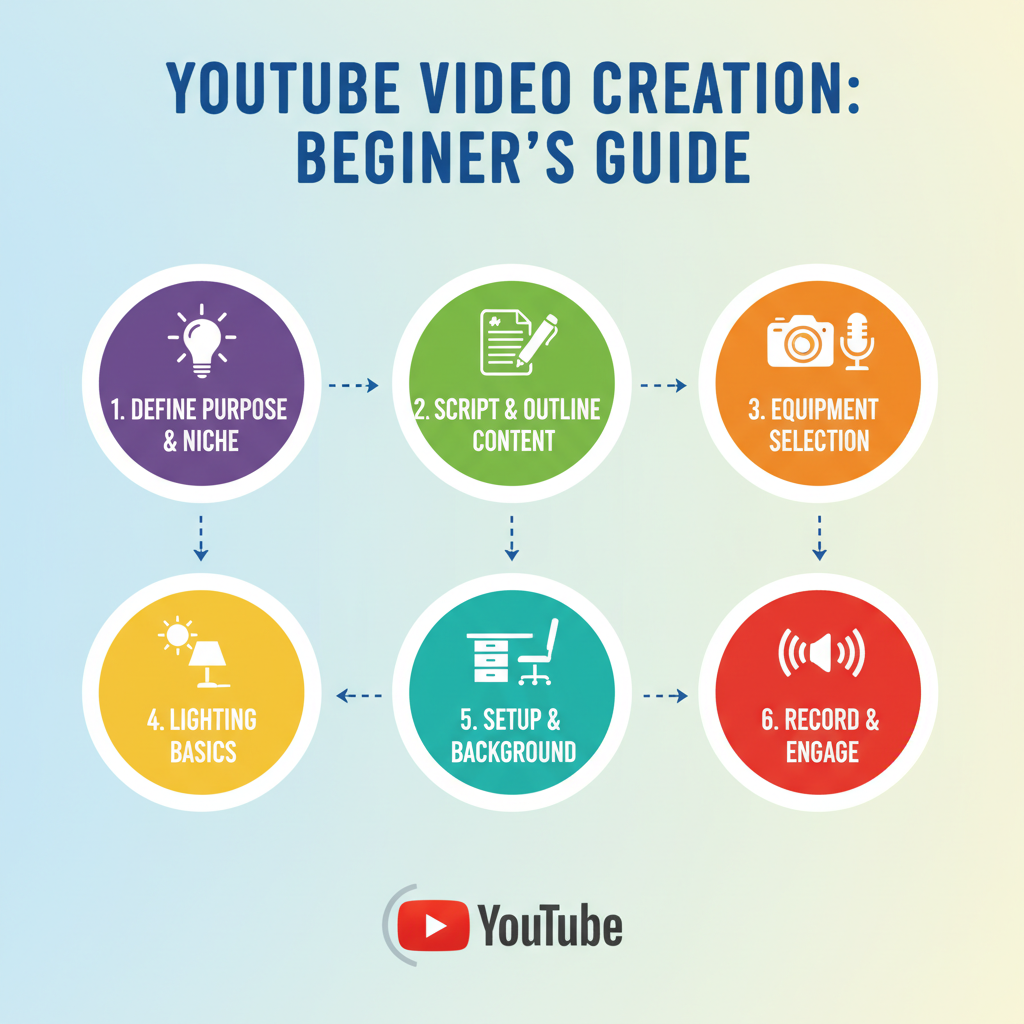
- Natural light: Use daylight near a window; it’s free but can be inconsistent.
- Softbox light: Delivers diffused, even lighting for a professional look.
- Ring light: Provides even illumination, ideal for beauty or close-up content.
Avoid overhead lighting that casts harsh shadows.
---
Choose a Stable Tripod or Mount
Shaky footage feels amateurish. Select a tripod or mount appropriate for your device:
- Smartphone tripods — Lightweight; some have flexible legs for uneven surfaces.
- Camera tripods — Heavier, stable, adjustable height.
- Gimbal stabilizers — Smooth motion shots, great for vlogging outdoors.
---
Prepare Your Recording Space and Background
Your filming environment plays into your brand's identity:
- Keep backgrounds tidy and relevant.
- Decorate to add personality and interest.
- Reduce noise sources like fans or street traffic.
Consider hanging a backdrop to hide clutter.
---
Understand Basic Video Editing Software (Free vs Paid)
Video editing refines raw footage into polished content. Here are popular options:
| Software | Free? | Platforms | Features |
|---|---|---|---|
| iMovie | Yes | Mac/iOS | Easy interface, basic trimming, effects |
| DaVinci Resolve | Yes | Windows/Mac | Advanced color grading, professional tools |
| Adobe Premiere Pro | No | Windows/Mac | Industry standard, powerful workflow |
| CapCut | Yes | Mobile/Desktop | Quick edits, effects, captions |
Start with free software to learn editing basics before moving to paid tools.
---
Gather Props or Visual Aids Before Filming
Props enhance engagement and clarity:
- Products for review
- Charts or diagrams for explanations
- Themed décor or costumes
Have everything ready before hitting record.
---
Record Test Clips to Check Setup
A quick trial run helps you catch problems early:
- Record 10–20 seconds
- Check for lighting imbalance, audio issues, and framing errors
- Adjust before filming the full video
---
Edit Your Footage With Purpose
While editing:
- Trim unnecessary content to stay concise
- Use smooth transitions for flow
- Add captions for accessibility
- Include background music legally (royalty-free)
Polished editing enhances viewer experience.
---
Create a Click-Worthy Thumbnail
Thumbnails heavily affect click rates.
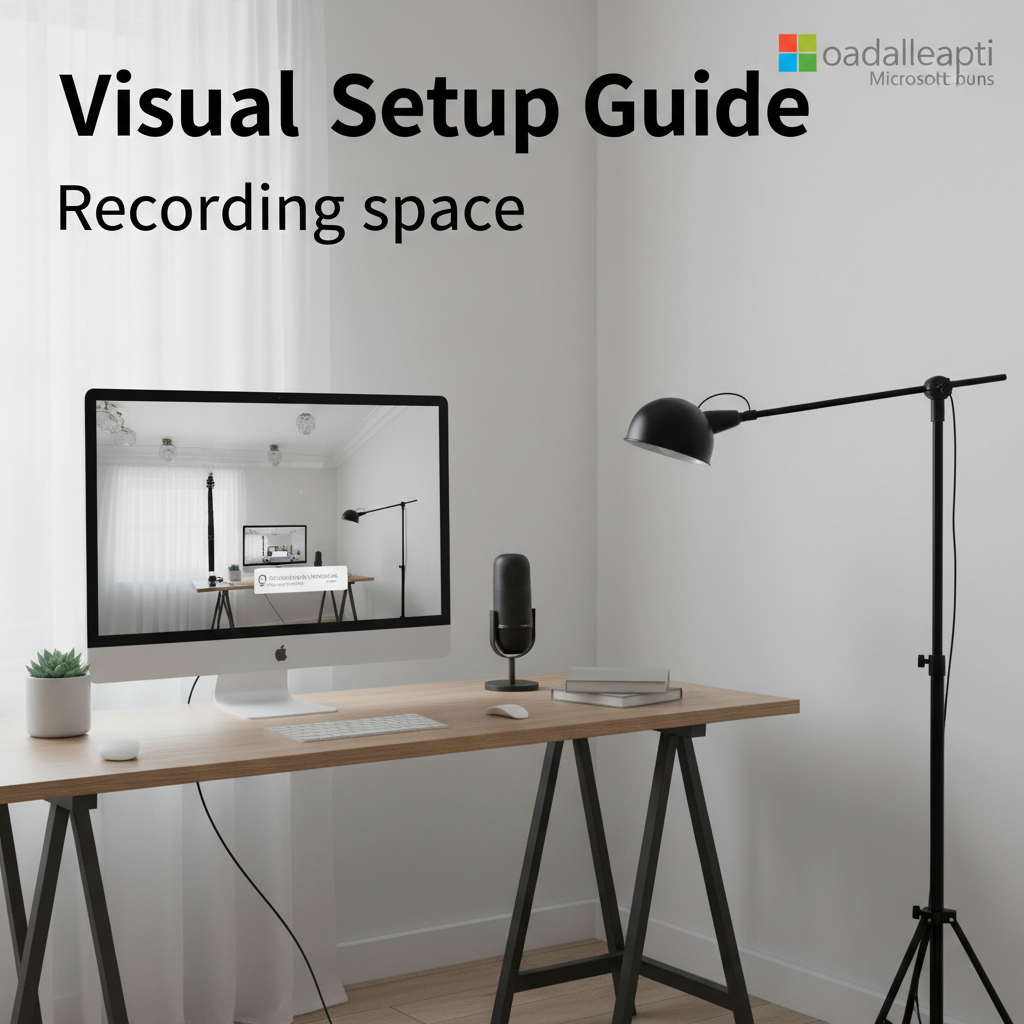
- Feature bold text and bright contrast
- Show an expressive face or recognizable subject
- Maintain consistent design style for branding
Use tools like Canva or Photoshop for professional results.
---
Upload to YouTube With SEO in Mind
Optimize your metadata:
- Title: Include your primary keyword naturally (e.g., “What Do You Need to Make a YouTube Video – Beginner’s Guide”).
- Description: Summarize content, include relevant links.
- Tags: Use relevant keywords your audience may search for.
Good SEO improves visibility in search results.
---
Promote Across Multiple Platforms
Expand reach beyond YouTube:
- Share on Instagram, Twitter/X, and TikTok
- Post in niche-relevant Facebook groups
- Create teaser clips for social media stories
Engage actively with comments to boost retention and trust.
---
Track Analytics and Use Feedback
Monitor metrics using YouTube Analytics:
- Watch time and retention rates
- Audience demographics
- Traffic sources
Apply viewer feedback and data insights to improve future videos.
---
Final Thoughts and Next Steps
Mastering what do you need to make a YouTube video comes down to preparation, smart equipment choices, and consistent content creation. Begin with tools you already own, prioritize clear audio and good lighting, and stay committed to improving your skills. By following these tips, you can grow your YouTube channel steadily and produce videos that engage and inspire.
Ready to put these steps into action? Gather your gear, plan your script, and start filming today—your first viral video could be closer than you think.


